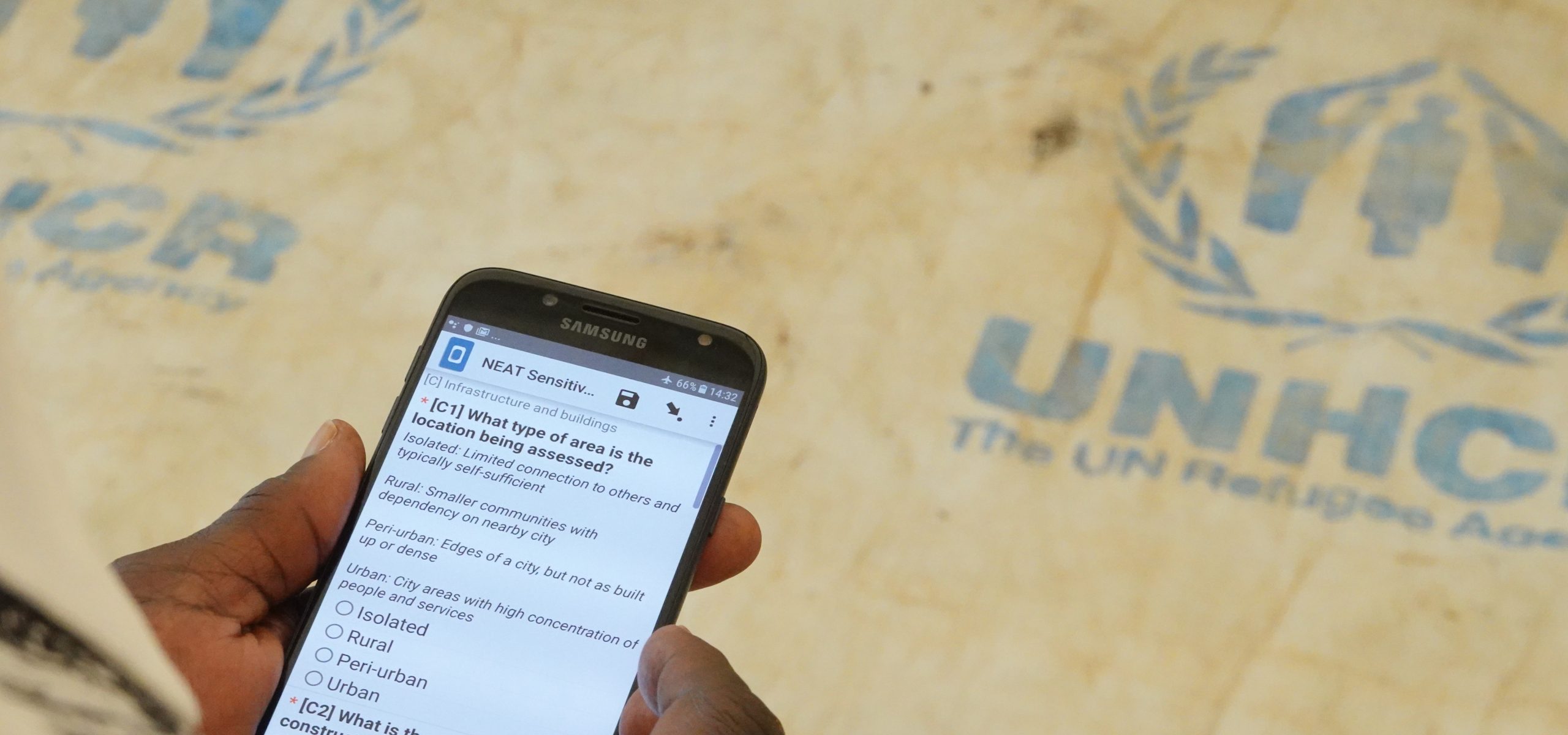Information and Data Sharing
Sharing environmental information and data in emergency response

Sharing environmental information and data in emergency response
Similar to coordination, information management and data sharing do not follow a specific sequence of actions but rather continuously underpin all other elements of the humanitarian programme cycle. The management of information and sharing of data within an information management structure is necessary to ensure that relief organizations work with the same or complementary information during an emergency, thereby improving the humanitarian response as a whole. Information is used for planning, reporting and creating awareness, and should always be as relevant, accurate and timely as possible.
Especially in the case of sudden-onset events, the initial information and analysis is influential in informing the initial response strategy. Information gaps are met through primary and secondary data collection.
Primary data is collected through assessments, where specific environmental assessments can be undertaken in addition to overall humanitarian needs assessments. Environmental actors, especially local organizations, can play an important role.
When it comes to secondary data collection, environmental actors with knowledge of the local context can provide strong support to information managers who may have limited time and subject expertise. Useful inputs include environmental baseline data, environmental sensitivities of the affected areas and analysis about potential secondary environmental hazards such as landslides or flooding.
The UN Environment/OCHA Joint Unit has established a working group to support remote analysis of environmental data in the aftermath of a sudden onset disaster. This can be a useful platform to connect with institutional environmental actors embedded within the humanitarian system, and to identify the in-country information management networks to collaborate with.
In a protracted crisis, the need for information is less urgent and there is a greater emphasis on targeted products. In this case, a thematic publication on environmental issues may be considered. A thematic publication would likely entail both primary (assessments) and secondary (desktop) data collection. Information managers can be useful for identifying interest areas of the humanitarian community, and in disseminating any findings or collected data.
A situation analysis following a crisis typically looks at key crisis drivers, affected areas, the number and type of affected people, the ways in which people are affected, the most urgent needs and available capacities.
Assessing the environmental consequences of an emergency and prioritizing the response actions based on the needs, forms the foundation of a coherent, efficient and sustainable humanitarian response.
Environment is included into response plans in order to improve programme quality and accountability to disaster-affected people.
Environmental mainstreaming is dependent on successful resource mobilization, where environmental concerns must be integrated in funding proposals in order to secure funding.
Successful integration of environment into the implementation of humanitarian response requires that environment be included into preparedness and planning phases, but also effective coordination with national actors.




